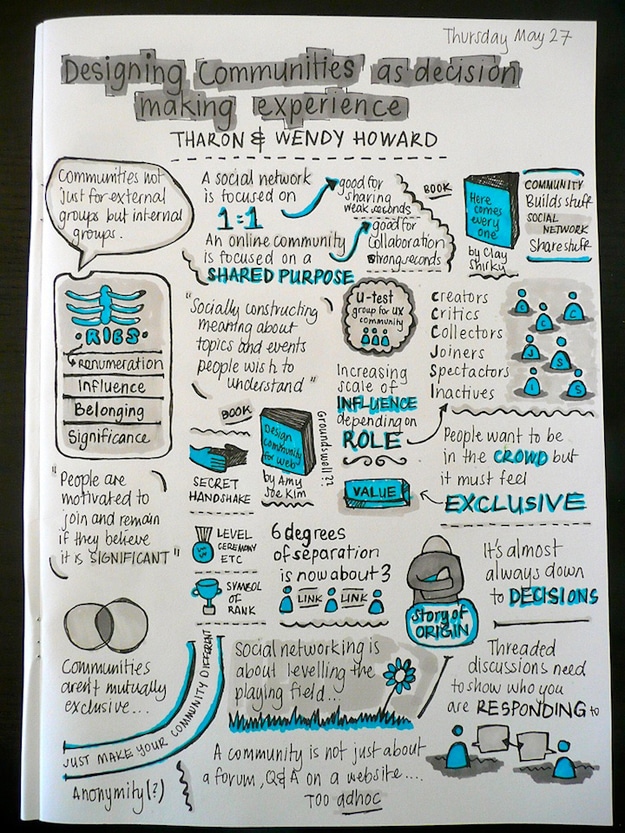

But in making this claim, Matsusaka gives insufficient attention to the experience in the states in the decade after independence, which likely had a greater influence on the Founders. From this he concludes that the Founders’ antipathy to direct democracy was ill-founded and should not control current judgments about whether to institute direct democracy. The Founders’ opposition to direct democracy, he claims, was rooted in a misunderstanding of what caused the failure of ancient popular governments, noting that recent scholarship has found that their democratic character helped the Roman Republic and ancient Athens to flourish. Given the widespread use of direct democracy in other countries and in American states and localities, Matsusaka finds its absence at the national level a regrettable “anomaly.” He acknowledges the absence was intentional-James Madison in The Federalist 63 called “the total exclusion of the people, in their collective capacity, from any share” in governing the Constitution’s “most advantageous superiority”-but Matsusaka challenges that judgment. Finally, in some federal countries, including the United States, direct democracy flourishes at the state and local levels, even if it is rare or absent at the national level. And the United Kingdom famously held an advisory referendum on whether the country should remain in the European Union, with the government committing itself to abide by the outcome. Many countries use referendums to resolve contentious issues-Ireland, for example, employed referendums to ban the death penalty and to legalize divorce, same-sex marriage, and abortion. Others, such as Switzerland, make direct democracy a fundamental feature of the government-as of 2018, the Swiss had conducted 641 national referendums, and all Swiss Länder permit initiatives, with many requiring referendums on all new spending programs. Some countries reserve direct democracy only for highly consequential decisions, such as whether to amend the country’s constitution. Although acknowledging that authoritarian governments have at times used direct democracy to provide a veneer of legitimacy for their policies, he focuses on its worldwide use in countries with democratic governments. Matsusaka first describes the use of direct democracy both within the United States and in other countries. Whether one favors or opposes direct democracy, one can learn a great deal from his analysis.

His book makes a formidable argument for direct democracy, backed by careful empirical research and case studies of Proposition 13 and Brexit, perhaps the two most famous referendums.

To counter public dissatisfaction, he urges greater direct public involvement in policymaking, whether through advisory referendums (called by the legislature, the constitution, or popular petition), binding referendums, or constitutional amendments proposed via initiative. The challenge this democratic populism poses, John Matsusaka contends in his excellent new book Let the People Rule, can best be met not by less democracy but by more. One manifestation of this disaffection is the election of populist politicians who rise to power by pledging to upset the status quo, whether it be the “deep state” or ties with the European Union. Surveys in other advanced industrialized countries likewise report a growing skepticism about politicians and political institutions. Ever think that the government is now dominated by political elites and powerful interests, with the decisions that affect your life increasingly made by technocrats and judges you never elected? If so, you are not alone: poll data over time reveal that more and more Americans believe that “people like me have no say in government.” This feeling is not confined to the United States.


 0 kommentar(er)
0 kommentar(er)
